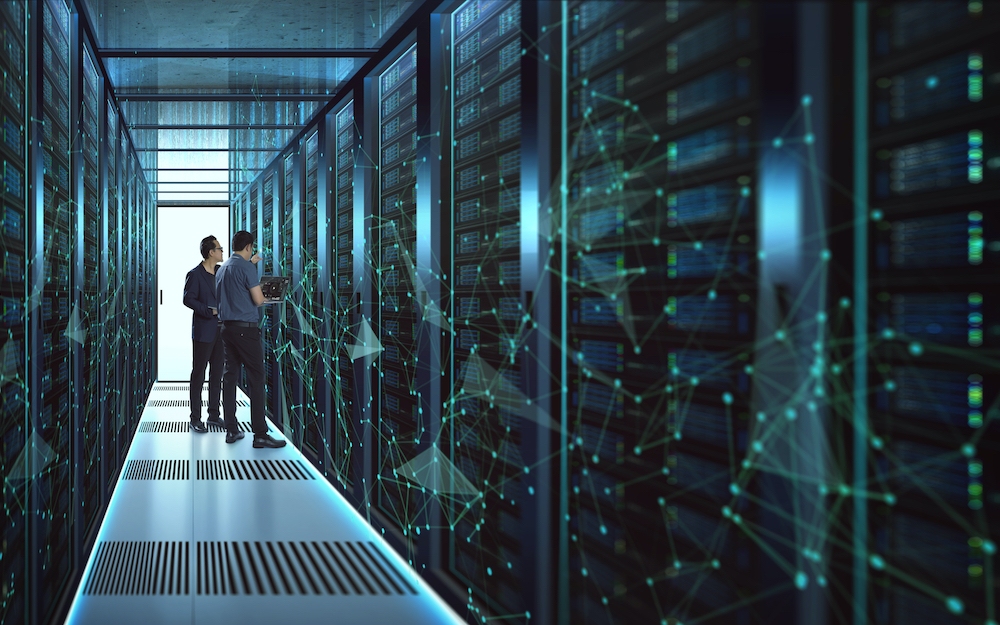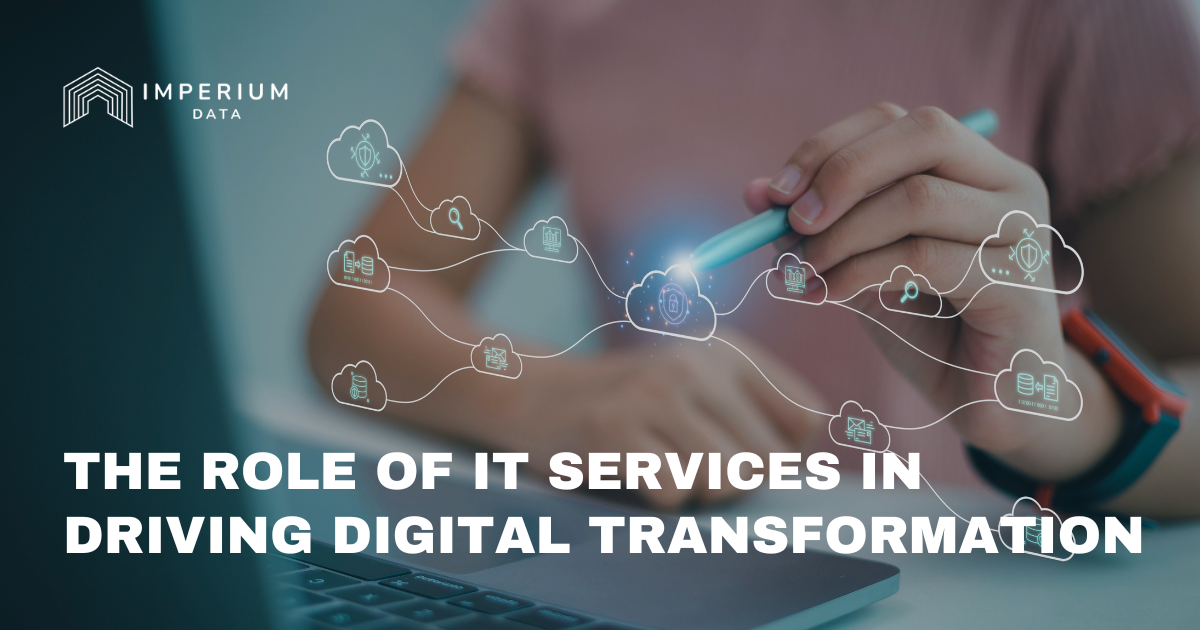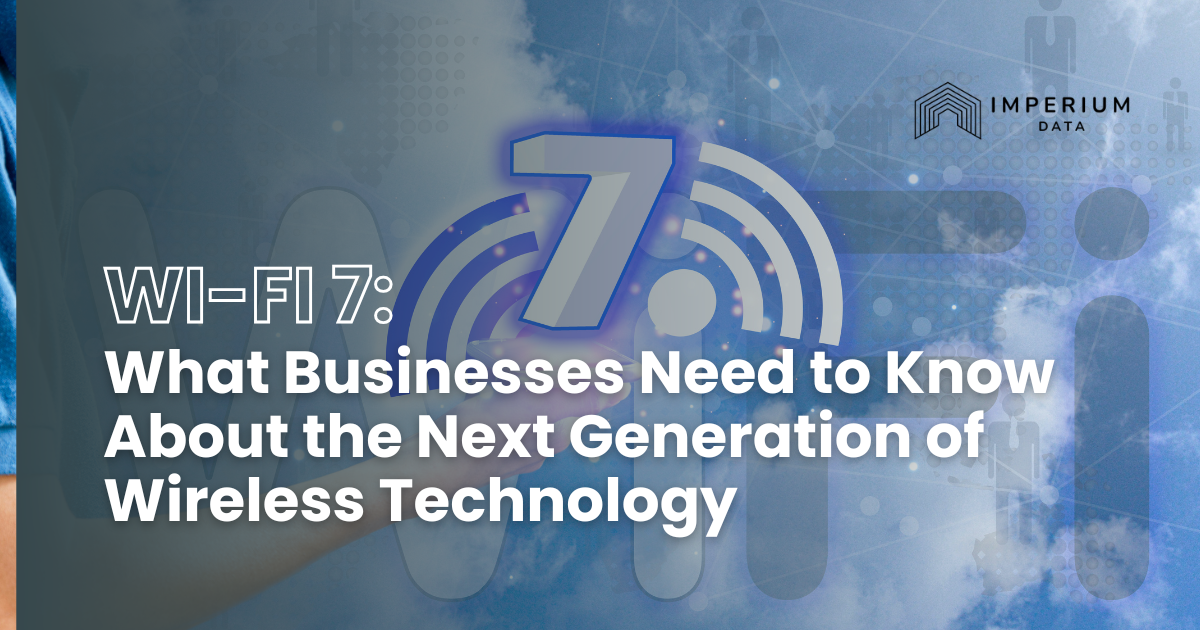Why do we keep hearing about data services? What are they and why are they so important?
Simply, data services are maintenance, planning, technical, and support services for a wide array of business-related technical products. These technical products include a variety of items, including cloud services, hardware, software, network, enterprise solutions, customer infrastructure, and countless other items.
Technology is a gift, but it is a gift that comes with challenges. With technology evolving so quickly, a small handful of experts can truly keep up and effectively implement modern technology, repair practices, and even teaching guidance on how to use the software. Experts are helpful to assist in the tracking of the evolution of technology, ensuring that the technology itself stays up with the top trends for a technical advantage, while also not falling behind with the times. With this consistent evolution, systems both have the challenge of complexity in place or to be created. With a variety of moving parts, creating a complicated puzzle for any technological infrastructure, the most effective technology must have the right supporting cast to keep the technology effective and up to date. Despite the modern market’s push to not only rely on technology for infrastructure, but also for decision-making tactics, organizing these complicated information systems into actionable deliverable items is a pain point facing all organizations today. Along with these general challenges, are more detailed topics we need to plan for and enforce.
Remote Access & Control:
In 2020 the modern workplace changed. Whether you agree with the productivity capabilities or not, Covid-19 has forced modern companies to instill work-from-home policies. As of the height of the epidemic, over 1/3 of employees in the United States were working from home. Even with the populous starting to return to work, that does not mean they will return to the office. Work-from-home numbers increased pre-pandemic, and now they have skyrocketed, with 25% to 30% of the workforce expected to remain working from home when the pandemic stabilizes projected (2021).
This new norm has forced us to be innovative in our technologies by bringing basic office technology to the home but also implementing remote technology to provide management control into the home workspace. With this change, we must as ourselves if we have the ability to control your employee’s workstation remotely? What if they are in need of support? Our team is here to help.
Security:
As with remote systems in place, we must also take into account security. Storage and software systems have been shifting to the cloud for years. We must be sure our data is stored in a secure cloud location that is accessible to your workforce at all times and all locations.
Data Protection:
Remote and cloud businesses open eyes and access data to a broader area beyond the typical four walls of an office. Employers must have the appropriate systems in place to prevent data leakage to the outside world. The right system will regulate who will have access to what. You may want your employees to access some data but not others. Sometimes, we have to keep our data safe from our own teams. Often there are accidental data breaches, but we must protect against the worst-case scenarios of malicious intent, disgruntled employees, trade secret security, proprietary customer lists, and others.
The actual data itself will need to be shielded from viruses, malware, ransomware, and phishing attacks.
VPN:
All of us have connected to a public Wi-Fi network without thinking twice. We have all done this at our local coffee shop, a local school, lobbies, and elsewhere. Do you ever wonder if someone else you don’t trust is on the same network? Even if we do not think about this, our devices do as they ask us whether or not the network is safe. We are rarely told why or how to prevent this risk, and just as rarely do we not just simply click a button and accept the risk. There is a way to avoid this risk through a virtual private network (or “VPN”). If you have the right VPN infrastructure in place, you can protect yourself, your company, and your web activities against unwanted eyes, thieves, and disruptors. Our team of experts can create this system, modernize it, and keep it safe – ensuring a secure connection to on and off-premises resources.
Multi-Factor Authentication:
Do you ever log in to an online account and are forced to provide more than a password? Sometimes we are texted codes, given facial recognition capabilities, or other authentication possibilities. Our team will support this system and confirm you are protected if your employee credentials are stolen.
Remote Lockout & Wipe Capabilities:
With a large portion of the workforce employed from home, we have to consider incorporating this workforce into our technologies, and just as importantly, removing access to these technologies. In the event of an employee leaving the company, we must have the ability to lockout and remove company data from these remote software’s.
Employee Productivity Monitoring:
In an office environment, management enforcement is straightforward. If there is a reason to monitor or address an employee, you can see their work throughout the day and discuss topics in person. In a remote work environment, this is different. Our team will enable strong monitoring of employee productivity, including the following primary methods, among others:
- When they logged on and logged off
- How many calls made
- How long were they active in company CRM
- How much time is spent on social media
- DVR of laptop activity



